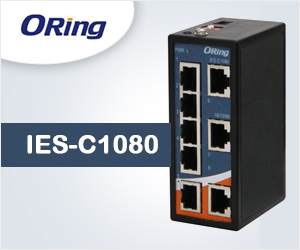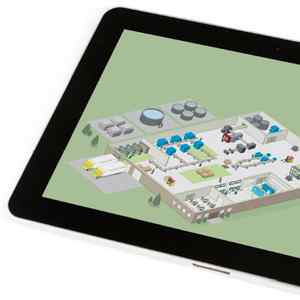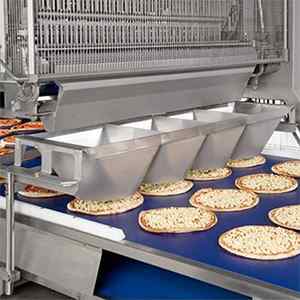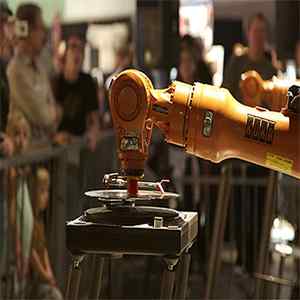Transformation of the Automation Industry

Industry 4.0 is projected to add $36 billion to Singapore’s total manufacturing output, boost labour productivity by 30 per cent and create 22,000 new jobs.1
This is in accordance to a study conducted by the Boston Consulting Group and substantiated by Singapore’s Economic Development Board, which states that Industry 4.0 will enable Singapore to further cement its position as a global manufacturing hub.
Companies nowadays are continuously identifying ways to grow and to remain competitive. For various industries including the manufacturing sector, this translates into the desire for companies to adopt technologies that would suit their needs and address any potential challenges to the organisation internally and externally.
We are now on the threshold of the fourth industrial revolution. Automation processes are now being followed suit by the digitalisation of production. This is evident by the fact that more manufacturers are now looking to integrate digitalisation solutions to their current processes as an integral step to grow. The goal is to increase productivity, efficiency, speed, and quality, in order to achieve higher competitiveness in the market.
Going wireless
The demand for wireless connectivity solutions in manufacturing processes has skyrocketed in the last decade and is even more prevalent in the past few years.
The reliability of wireless technologies and the benefits of adopting it could outweigh the concerns of many automation facilities. What would the use of wireless technology mean to the automation industry?
Automation facilities are gradually seeing the benefits of self-configuring and self-healing networks to manipulate and run machines instead of modems that are hardwired to a physical instrument. Furthermore, from low-power chips for simple devices to high-power mobile chips, it is now increasingly easy to build devices that can communicate wirelessly at high speeds. By embracing wireless technologies into automation facilities, companies can gather and analyse data across machines, allowing them to assess and manage issues before they even arise. Adopting wireless also enables the ability for remote monitoring and by building in wireless chips and sensors, all kinds of devices can automatically report back to base effectively.
Digitalisation – Moving forward from automation
Digitalisation is a step forward from automation, with the interaction of the virtual and real worlds through integrated software tools and systems, industry-capable communication and security solutions as well as data based services. As a major trend and innovation driver, digitalisation creates entirely new business and growth opportunities for companies with aim to increase productivity, efficiency and flexibility.
Many manufacturers foresee the improvements that will benefit the organisation as a result of adopting digitalisation – including and not limited to productivity, employment, revenue growth, and investment. Gathering and analysing of data across machines is possible with the revolution of wireless technology.
At Siemens, we launched ZerOne.DesIgn™ Digital Factory Manufacturing Design two years ago to help manufacturers chart their Industry 4.0 transformation roadmap. The consultancy offers technical consultancy services to propose effective technology improvements that would not only help customers optimise their manufacturing processes, but also digitalise their assets and machineries to enable analytics to better manage operations on a facility-wide level.
It aims to enable manufacturers to improve their quality, productivity, flexibility and efficiency.
Conclusion
It is important for companies to note is that digitalisation is not a one-size-fits-all solution and each process should be tailor-made to suit the requirements of the specific manufacturing plant and its related processes.
As the industry becomes more glocal, it is crucial for companies to adopt digital technologies to overcome challenges and to remain competitive. Decision makers also have to realise that digitalisation does not happen at a push of a button and in most instance, the process is a gradual transition.
With the right direction aided with proper support in the form of services such as ZerOne.DesIgn™, manufacturers today have all the support required to work towards their digitalisation goals.
Reference:
1. https://www.edb.gov.sg/content/dam/edb/en/news%20and%20events/News/2017/advanced-manufacturing-release/Copyrighted-The-SG-Smart-Industry-Readiness-Index-Whitepaper.pdf
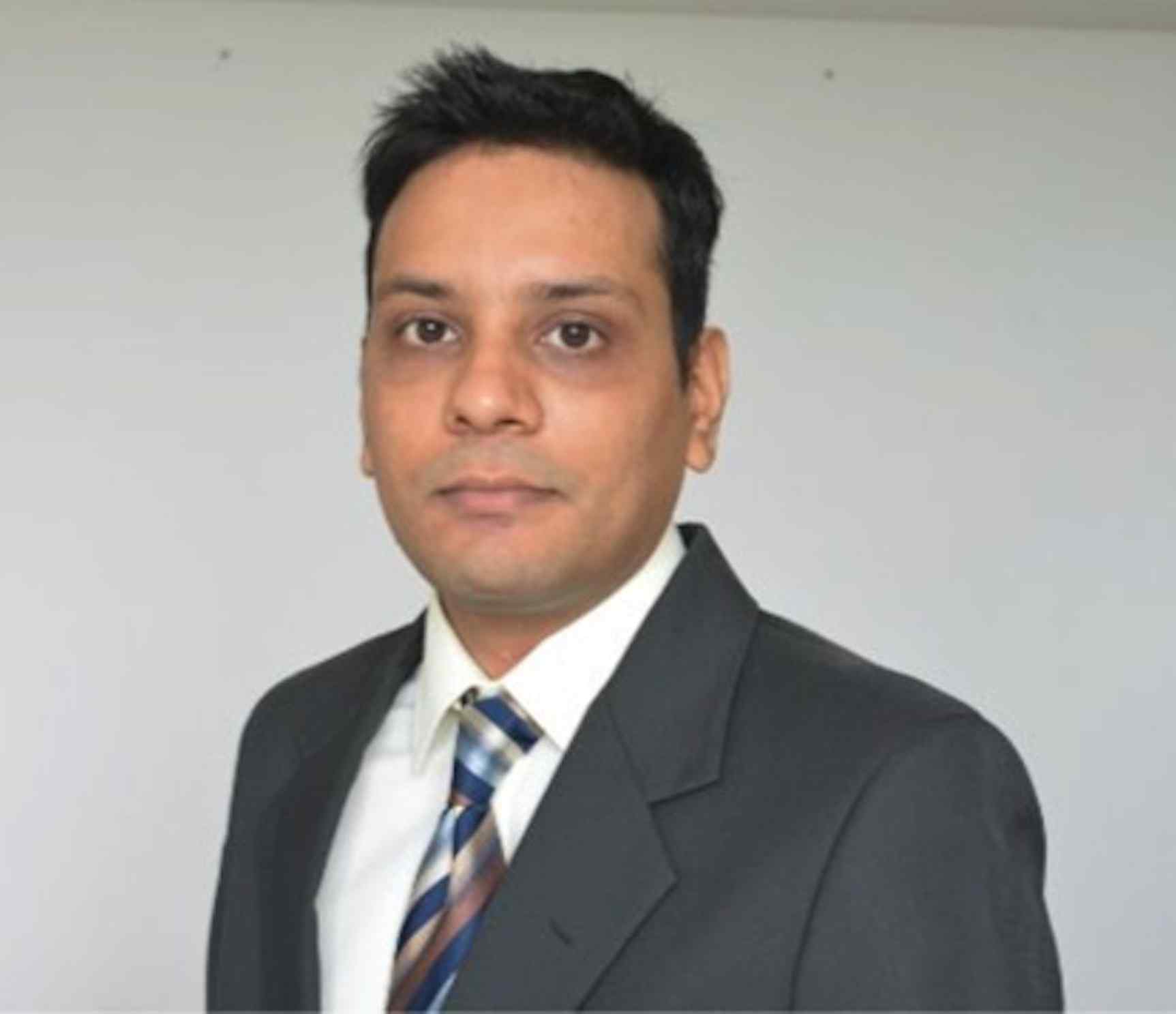
About: Surya Tumuluri - Head of Digital Factory Manufacturing Design
Suryanarayana Tumuluri is the Head of Digital Factory Manufacturing Design in Siemens Singapore. With over 10 years of experience in technology, business development and marketing industries, he joined Siemens in 2017 to lead the new consultancy arm and to help customers in their journey towards Industry 4.0.




